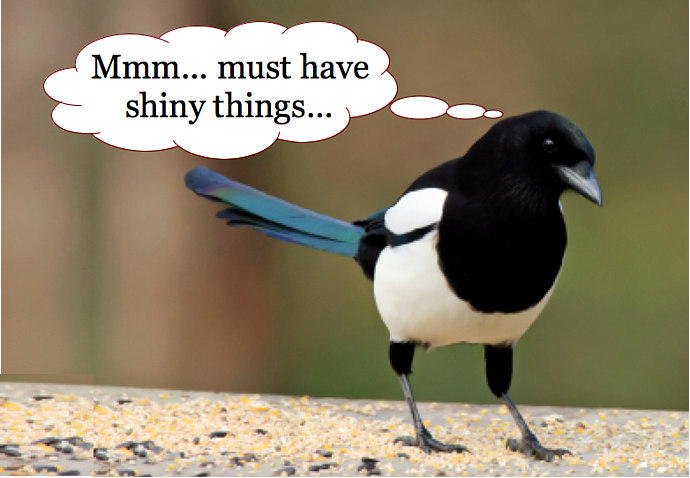
An identity built around making things—of being “a maker”—pervades technology culture. There’s a widespread idea that “People who make things are simply different [read: better] than those who don’t.”
-Debbie Chachra, “Why I’m not a Maker”
This passage really made me think about what we value, why, and how that changes over time. Chachra discusses the fact that makers are seen as valuable due to their ability to produce or “make” something new, but she focuses a lot of her attention on the undervaluing of what is traditionally viewed as “women’s work”. While this view has merit and I could easily write an entire paper on the topic alone, others have already done so many times and far better than I ever could so I won’t. I want to talk about how our capitalist society inherently values makers for their ability to produce new things which can be bought.
I think that the value of makers is directly tied to capitalism because, in a world where most of what we have is manufactured, making things is viewed as better because it’s rare and time-consuming. I remember reading the little house on the prairie series and the way they viewed store-bought cloth vs handmade cloth was almost the opposite of how we might today because they had a relative abundance of handmade cloth as opposed to the expensive calicos of the general stores and big cities. I think the focus on makers as “better” is twofold: first, there is the monetary component: Making requires materials and time, both of which are expensive. In a society where money is often viewed as a sign of success, having the resources to make something indicates some level of both.
The second factor which makes us view makers as “better” is novelty. I think the reason we are more impressed by the skill in making over the skill in maintaining is that the thing made is new and shiny and we’re like birds flitting to the bright glint of a mirror over the relatively dull piece of ribbon we once used to build our nest. We have a tendency to view the results of caretakers’ work as the norm and makers’ work as better than the norm. Without the work of the caretakers’ we’d fall apart like a sitcom family whose mother refuses to do any of the chores because her slacker husband and rowdy kids don’t appreciate her enough (she’s right).
This passage and the article in general made me question what I put a value on and whether I view myself as a maker. Both my major and my hobbies revolve around making things. I’m an artist. Traditionally, my job is to produce something. Make a painting, make a sculpture, a decoration, a graphic for a business, something to catch the eye, to make pretty a space. On the side I enjoy knitting and crocheting, a hobby which makes physical objects. Am I a maker? I value the process of knitting and crocheting more than I value the results, but as an artist I want the results of my work to be “good”. And I can’t deny that there’s a certain feeling of accomplishment in finishing something as opposed to maintaining it. I want to make things but I don’t want to value what I make solely on its profitability or novelty. I want to learn how to use CAD and other programs to bridge what I do in art with some of the promotions work I do in the CCCE but this article made me question my reasons for that. Am I genuinely curious about the software or am I just scared that as an artist I won’t be able to make a living? I’d say 20% of the former, 80% of the latter. I want to learn more about what digital humanities can do for us but I also want to question my perception of them and why they were made. I know I had a lot of thoughts here, way more than the prompt required, but I’m really curious to explore digital humanities from both an artistic and sociological perspective.